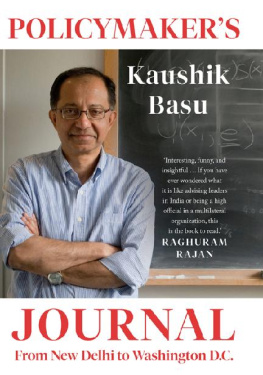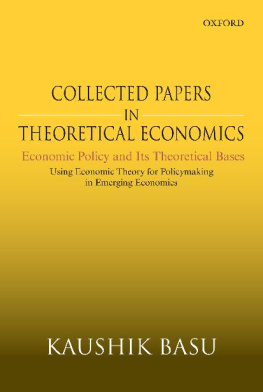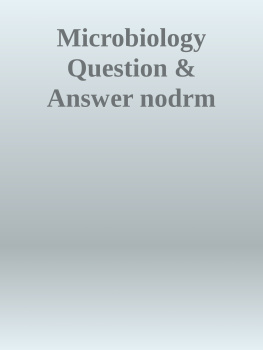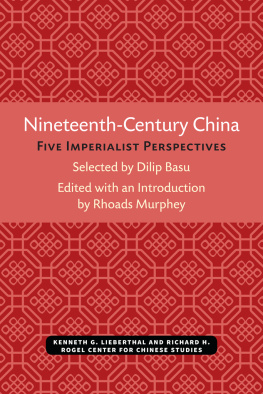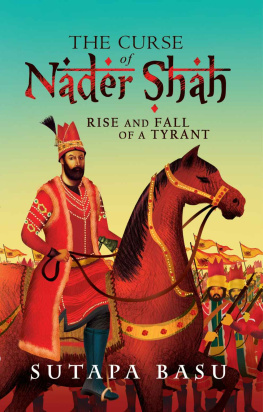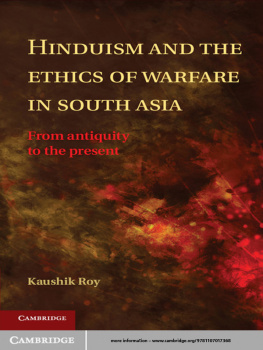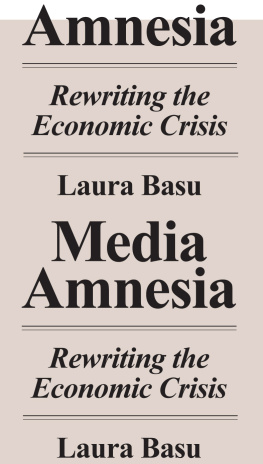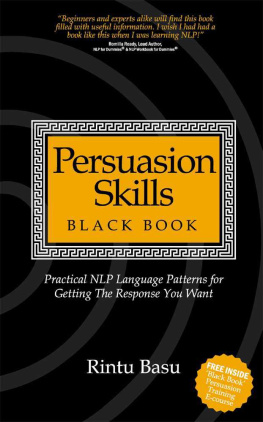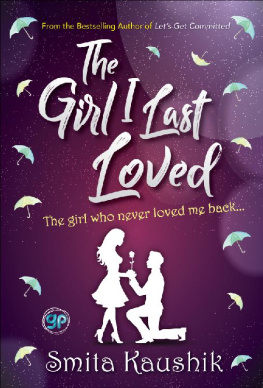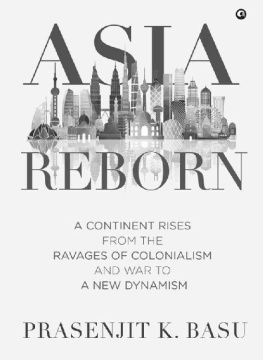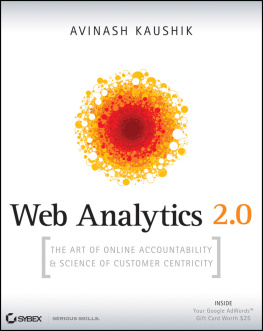Policymakers Journal
Policymakers Journal
From New Delhi to Washington D.C.
KAUSHIK BASU
For
Avaaz Austen Basu,
Sky-Aria Basu-McCleary
and
Ivy-Page Basu-McCleary
Preface
This is a diary. It consists of notes and jottings, and of events and encounters, during my seven years in the world of policymaking. I wrote them erratically and intermittently, with no real purpose in mind, maybe with the hope of leafing through the pages in later years, and for my grandchildren to discover them. The idea of publishing it as a book came much later, but I have tried to stay true to the original spirit of a diary. It is a record of impressions of the moment. This means that some people whom I met and liked then, I now wonder why; and some, with whom it was a fleeting encounter, I wish I had made more effort to get to know them better. I have not made corrections in the text to the judgements of the moment, though now, in retrospect, I wish I could meet some of them again to ask if I got them wrong or they have changed. Aung San Suu Ki, for instance, belongs to this category.
The two parts of the bookDelhi and Washingtonare rather different. In Delhi, the shock and awe of moving from the ivory tower of academe to the world of politics and policy was so overwhelming that I kept copious notes. This became sparse after I moved to the World Bank in 2012. As a result, the Washington years are not as comprehensive. The reader has to put up with the fact that what is recorded here actually happened and is true but there were events and encounters with people and organizations that I kept no record of, and they do not appear in the book.
Once I began transcribing my sometimes-illegible diaries, I took a lot of help from research assistants at Cornell. I would like to record special thanks to Grace Lee, Sylvia Blom and Haokun Sun for their help. They went beyond the call of their job descriptions so many times that I am grateful to them. I have been lucky in general, in being surrounded by colleagues and students who are brilliant, warm and friendly.
As I worked on this diary, I had to reach out repeatedly to my World Bank friends for help with finding documents and records. I would like to thank in particular the people who comprised my so-called Front Office Team: Vivian Hon, Laverne Cook, Bintao Wang and Grace Sorensen. By the time I was working on this, they were no longer part of my front office. But their prompt response to all my requests reminded me of their warmth and helpfulness.
I also worked with relatives and family to have them read bits and pieces and to discuss the style and content. I am grateful to Karna, Shabnam, Diksha, Mikey and Alaka for their advice and suggestions and also for the conversations and laughter. In addition, Shabnam read a large part of the manuscript when I was still vacillating about the value of this project, and shored up my confidence. Finally, Alaka, as always, read it all, and, as always, kept getting shocked at my grammar. I am grateful to her that readers will not get those shocks.
Finally, I am grateful to my editors at Simon and Schuster, Sayantan Ghosh, Megha Mukherjee and Himanjali Sankar.
Introduction
On 9 August 2009, I got an unexpected phone call. The call came as I packed my suitcases in our home in Hauz Khas in preparation for the long journey back to Ithaca the following evening, after the usual summer months in Delhi, to resume my job as chairman of the Economics Department at Cornell. Introducing herself as Vini Mahajan, a joint secretary in the office of the Prime Minister, she quickly got to the point. The prime minister wanted to ask me if I would be willing to serve as chief economic adviser to the Indian Government, a job that the prime minister himself had once done. I told her that this was too big a decision for me to answer off the cuff. Minimally, I needed to speak to the prime minister to know what he had in mind. The only catch was, I told her, I was leaving for the USA the following evening. She said she would call me back and did so ten minutes later, and asked if I could come to the prime ministers residence the following evening, maybe on my way to the airport.
The conversation I had with Prime Minister Manmohan Singh the following evening changed the course of my career over the following seven years, as I moved out of the cloisters of academe to the frenetic world of policymaking, first in India, and after that at the World Bank in Washington. Perhaps because I came into this world so suddenly and with so little background experience, while there was a lot of fumbling and learning, I took it all in with a sharper focus and with some of the outsiders objectivity that a jaded bureaucrat would not have. I realized early that it would be an experience worth recording, though I had no idea how long it would last, since I had to wrestle the frequent urge to fly back to Ithaca during the first several weeks. I began keeping a diary from 8 December 2009, the day I began my new job, in my grand office in the North Block, in Lutyens Delhi, perched on the majestic slopes of Raisina Hill.
This book is a revised version of my diary, revised because I often wrote the diary in a hurry at days or even weeks end with scant attention to grammar and readability. Also, I have now taken the liberty to insert some reflections in retrospect, without altering any description of what actually happened. These later additions are amply clear and, where there is any ambiguity, they appear either in parentheses or as footnotes.
I have occasionally omitted a name or blurred a persons identity in trivial stories in order not to cause embarrassment to a junior staff in my office. There are one or two passages and conversations I decided to leave out because they contain sensitive material. But nowhere did I rewrite to alter the meaning or change a description of what had happened.
For some readers who will wonder after reading this book why I do not describe any act of corruption or bribery, I should add that this is because I never witnessed a corrupt deal being struck during my nearly three years in the Indian government. There are two reasons for this. First, while there is a lot of corruption in government, its incidence is not as high as many outside observers believe. Secondly, the corrupt ministers and bureaucratsand I am sure there were somewould not cut a corrupt deal in the presence of someone like me, who has come to government from outside and will return to the outside world, and might even publish a book on his experiences someday.
My Indian government years were a period of high inflation, growth challenges (as the global financial crisis arrived ashore in India), and also a remarkable growth recovery; with India moving past Chinas GDP growth rate, corruption scandals breaking, causing widespread street protests, a lot of late night decision-making, which you knew would rock the stock market the next day, and getting to know politicians who were outstanding as statesmen in the midst of all this, and also many who were not.
The World Bank years were never that close to actual policymaking, but nevertheless breathtaking in their scope. They ranged from interacting with policymakers in tiny remote countries like Samoa, to gigantic nations with comparable heft, such as China, through sitting down with leading researchers to compute and announce global numbers on extreme poverty and rankings on how easy it is to do business in different countries (fully aware that there would be calls from irate finance ministers as soon as these were published), to handling politics within the World Bank, which could actually be as challenging as any global economic problem.


